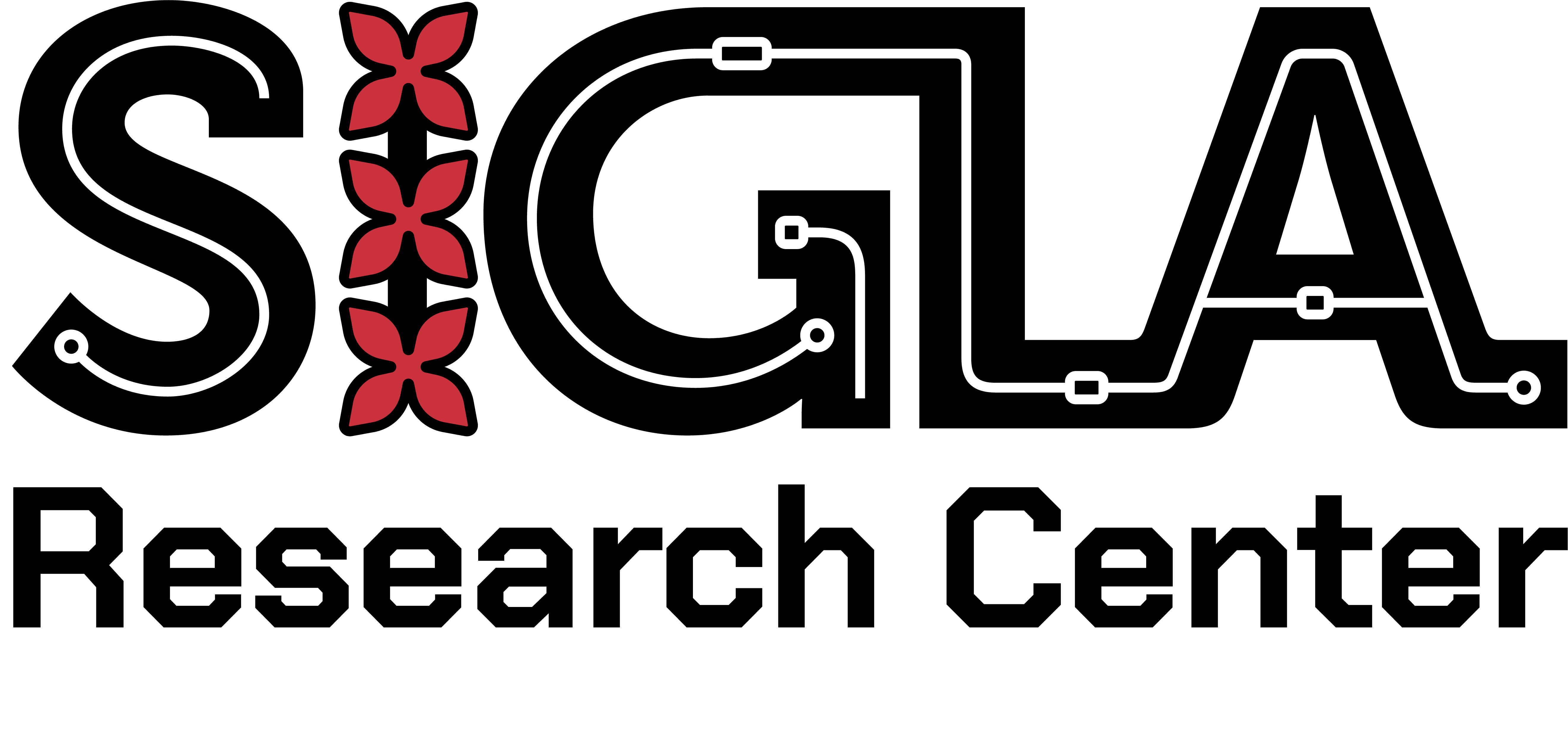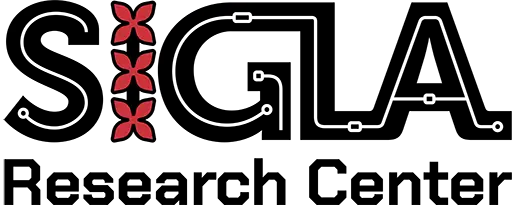Have you ever wondered what the most watched YouTube video is?
You’ll probably think it’s a song by the most popular artist, a very trendy dance video, or simply a wacky home video turned viral that has been cycling for years. But perhaps it has slipped your mind that in 2016, a children’s song by a Korean company took the world by storm and steadily climbed up the ranks and successfully claimed the most-watched-video title four years after. Do-do-do-do-do-do you remember it? Yes! It’s the Baby Shark Dance by PinkFong which currently rakes 13.93 billion views according to Statista (2024). Its runner-up, a Latin American pop song, lags behind with only 8.54 billion views.
Digital Literacy for Children
If you’re also wondering what the Top 10 most watched YouTube video is, it should no longer be a surprise to know that six or more than half of them are children content from Cocomelon, LooLoo Kids, ChuChuTV, and Miroshka TV (Statista, 2024). There are many things that can be gleaned from this information, but one of them for certain is that one of the top consumers of digital media is definitely children and their families.
In an increasingly digital world, children become online explorers from a very young age. But just as we wouldn’t send them into a jungle without a map and survival skills, we should not let them loose on the internet without the necessary tools to navigate it safely and responsibly. This became our inspiration for the project, Digital Literacy for Children. Our mission is to fill the gap in educating young children about digital and media literacy. The result is a vibrant digital storybook, @Alpha, which engages children while equipping them with the tools they need to critically interact with online content. While there are a few titles that indirectly address digital literacy for children, @Alpha is the first Filipino work that introduces concepts and experiences relatable to Filipino children, effectively emphasizing digital literacy skills that are relevant to them.
Our Storybook
Our storybook is more than just a fun adventure. It’s a game-changer in building a resilient public sphere by fostering a generation of internet users who are not just informed but discerning. Through our charismatic hero, @Alpha, children learn to pause, question, and fact-check—essential skills for distinguishing fact from fiction online.
@Alpha is not just a character in a story. He is a role model, teaching children to question online content and fact-check before believing or sharing anything. It is equivalent to giving them a digital compass to help distinguish truth from misinformation.
Although our primary target audience is children aged 5 and up, we ensure that parents, teachers, and the rest of the community will also benefit from the book. The response so far has been positive, with educators who have reviewed the content giving it a thumbs up. As we prepare for the storybook’s official launch, we are hopeful to receive favorable feedback from children and parents.
The journey so far has been a treasure trove of insights. By utilizing the potent magic of storytelling as an educational tool, we can make complex concepts accessible to even the youngest minds. We have also come to appreciate the critical role adults play in guiding children on their digital journey. We have also realized that while the internet can be a jungle, it can also be a fantastic playground if children are equipped with the right skills.
As we look to the future, we are excited about the potential of @Alpha. We see it being welcomed into school curriculums and after-school programs, and we are keen to develop versions for different age groups to ensure developmentally-appropriate content.
Definitely, we are not stopping at a digital storybook. We envision adding an audiovisual companion, animation, and even a series of social media content that remain faithful to the original storybook but reaches kids in the digital spaces they frequent. We are also looking to create additional resources for parents and educators—because we believe that guiding kids in the digital world is a combined effort.
So, here’s to a generation of informed, discerning internet users. Here’s to a future where children are not just digital natives but also savvy, discerning explorers of the online world!
You can download the @ALPHA Storybook here, and the @ALPHA Storytelling Guide here!
About the Authors
Kathleen Keisha R. Constantino, krconstantino1@up.edu.ph
Keisha is Assistant Professor at the Department of Family Life and Child Development, College of Home Economics, University of the Philippines, Diliman. She is a graduate of Masters in Public Administration from the National College of Public Administration and Governance from the same University. Keisha studies the governance and administration of early childhood policies and programs, and is engaged in projects with children, families, practitioners and government working in the field of ECD. In the past, she has worked as a Knowledge Fellow under the Early Childhood Development Action Network in Washington, DC to develop an ECCD Responsiveness LGU Assessment Tool.
Edgar G. Belda Jr., egbelda@up.edu.ph
Edgar is a faculty member at the Department of Family Life and Child Development, College of Home Economics, University of the Philippines Diliman. He graduated Magna Cum Laude with a degree offered by the same Department and College. He is currently finishing his graduate studies in MA Psychology (Clinical) from the same University. Edgar’s research interests revolve around generational trauma, positive parenting, and the impact of stories and narratives to a child’s holistic development. His interests in stories and narratives led him to opportunities which allowed him to write several storybooks with different institutions such as the Department of Science and Technology – Science Education Institute (DOST-SEI), United Nations International Children’s Emergency Fund (UNICEF) Philippines, and Young Living (YL) Philippines.






